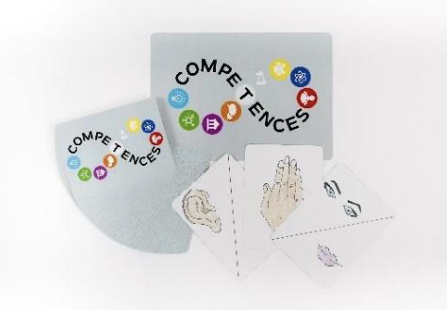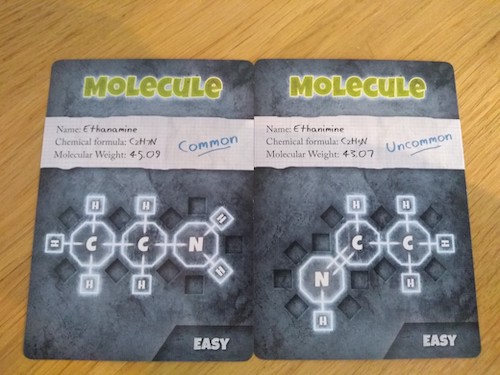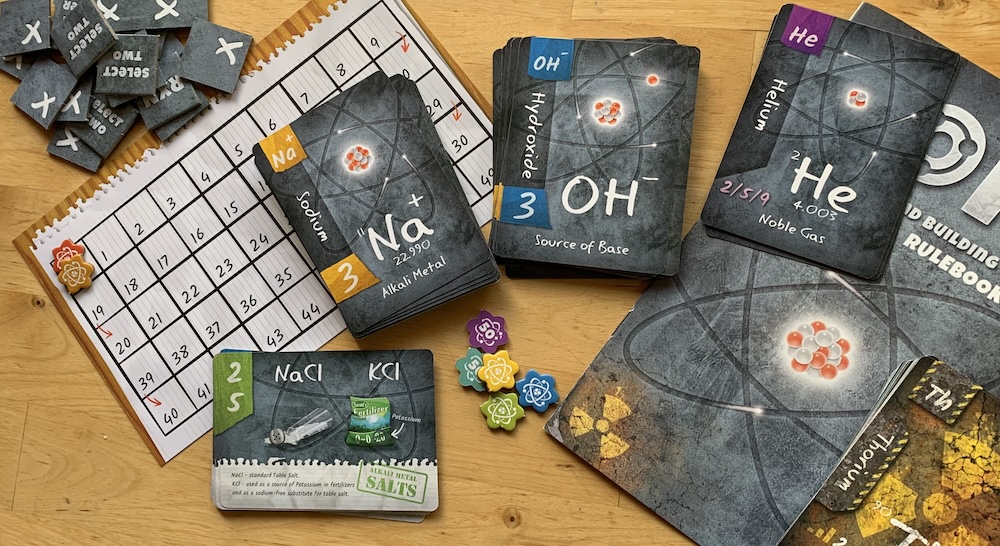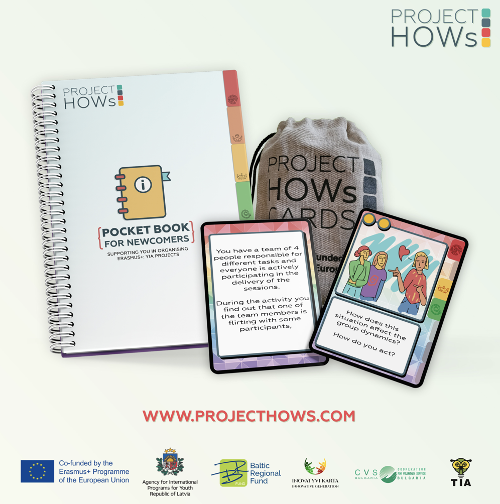| Duration: 30+ min Number of players: 3+ player/s Materials/ Tools needed: Card set “One way or another” Publisher: Baltic Regional fund/ 8KEYCOM project Language: EN, LV, EE, ES, HR Links: https://drive.google.com/drive/u/5/folders/16aRqXwbILv2AiqB38iruDr9y9-b–bZj |
Short description
“One way or another” – is a card game that focuses on development of communication skills and active listening. The main game idea is transferring the message from person to person.Game “One way or another” were developed during Erasmus+ strategic partnership project “Enterprising and Surprising through 8 Key Competences”.
Educational value/ Learning Objectives
- Develop communication skills.
- Raise awareness of the importance of active listening, and to develop active listening.
- Enhance creative thinking of participants.
Recommendations for use
- Participants are divided into groups. Each group has the same number of participants (minimum 3, maximum 6), and each of the participants has his/her own role in the group.
The roles are as follows:
a. Eyes – a card with eyes and mouth. This person is allowed to see the handout of the drawing.
b. Ears – a card with ears and mouth. This person gets the message from the Eyes and transfers it to other Ears, or directly to the Hands (depending on the size of the group).
c. Hands – a card with hands. This person is drawing what he/she is told to draw.
- This game can also be used to develop “Communication in foreign language” competence if you work in an intercultural group; or to address communication and communication skills in general. It can also be used as a team building activity.
- Instead of going in rounds and transferring one message at a time, you can set an exact time of playing – for example 15 minutes – and the group that finishes the first with the most similar drawing is the winner.
- Be creative! Make new rules of the game which are most appropriate for your needs! Good luck!
Tips and Tricks for Facilitators
How to adapt game for different groups, topics, occasions/needs
This game is appropriate for playing outdoors.
- It’s very important to give clear instructions when using this game. At the beginning, if the time allows, the facilitator can discuss and brainstorm about communication with participants.
- When it comes to debriefing, facilitators should pay attention to the game flow and adapt questions as necessary. Also, at the end of the activity some time should be provided for a round-up on communication and how we can both develop and use these skills.
Feedback questions
- (Experience) What did you observe during the game (objective facts)? What happened? ……?
- (Reflection) How did you feel? Did you find the game difficult? What was the most challenging? Was it difficult to transfer the message?
- (Conceptualise) What can we learn from it? What do you think is the most important when it comes to efficient communication? ……?
- (Applying) How can we transfer it to our lives? …….?
Further discussion topics
Communication skills
Lifelong learning
Diversity




